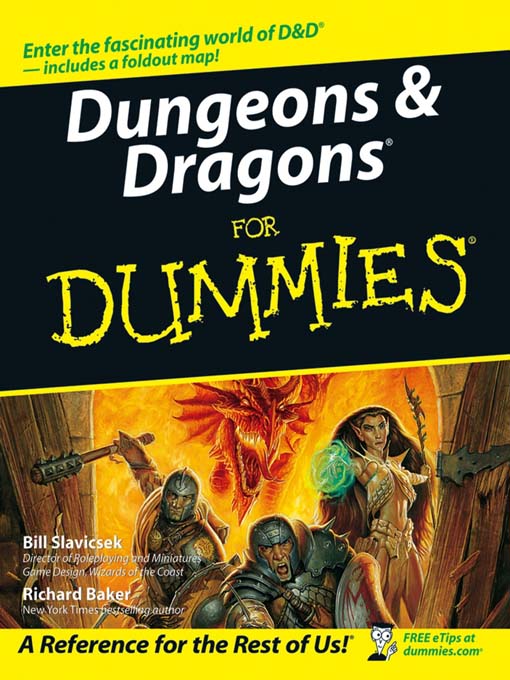1) Volunteer to GM. There's nothing worse than suggesting a game to a group and then asking someone else do the heavy lifting. If you're interested in a system buy the book/PDF, pitch it to the group, and run the game.
2) Read the rules. Take notes. Write questions that arise and cross them off as they get answered. At the end of your read through, read the relevant sections necessary to answer any remaining questions.
3) Do not make your players read the rules. This may seem counterintuitive, but it's not. Most people learned how to play at the table and requiring players to consume a tome of information is a quick way to turn the players off from the game. This bring me to my next point.
4) Read the rules. Cover to cover again, repeating the same process in step 2.
5) Make a sample character. Character creation is the first interaction most players have with the system and one of the first opportunities to establish buy-in. You want this to go as smoothly as possible. If the game you're suggesting uses multiple sub-systems, make a character that covers each major archetype. You need to be able to answer any questions players have, preferably without opening the rulebook.
6) Read the rules. Third time's a charm, right? Seriously, I can't repeat this enough. Reading the rules once or twice is probably not enough to impart the kind of mastery necessary to facilitate a game. Three complete readings is a minimum, in my opinion.
8) Provide cheat sheets for the players as well as yourself. No matter how many times you read the rules, you are going to have to reference them at some point. Cheat sheets tend to cut the fat from the book and present only the relevant information. If official cheat sheets don't exist, make them yourself.
9) Show players how to game the system. Every game has special rules and tricks for tipping the odds in the favor of the players. If an opportunity arises where you can do some rules teaching and affect the dramatic action happening, show them exactly how to do it. While some may frown on this kind of hand-holding, players are likely to feel helpless without it. Remember: building player agency creates player buy-in.
10) Don't be insulted if it doesn't work out. If you follow the above advice, all you can do is encourage your players to give it an honest shot. Play a few sessions, see the cycle of risk and reward from start to finish, and (hopefully) develop some rules mastery. However, no matter how much you may want to like a game system, it may just not be right for your group.







No comments:
Post a Comment